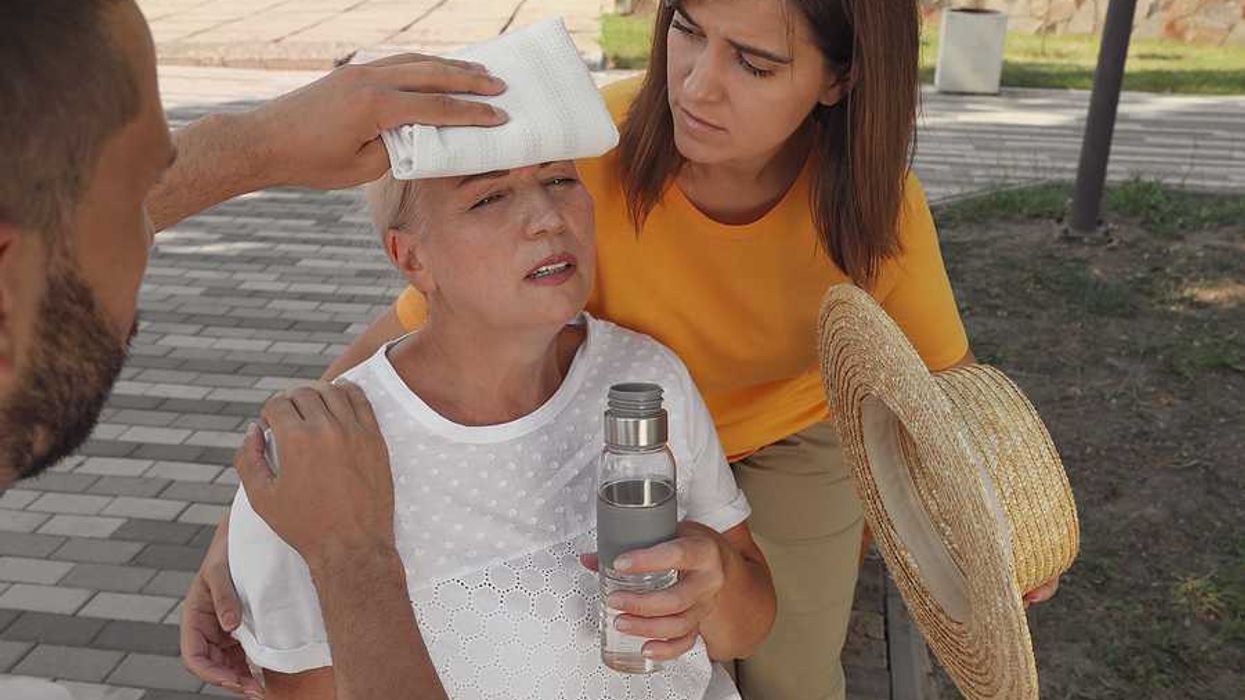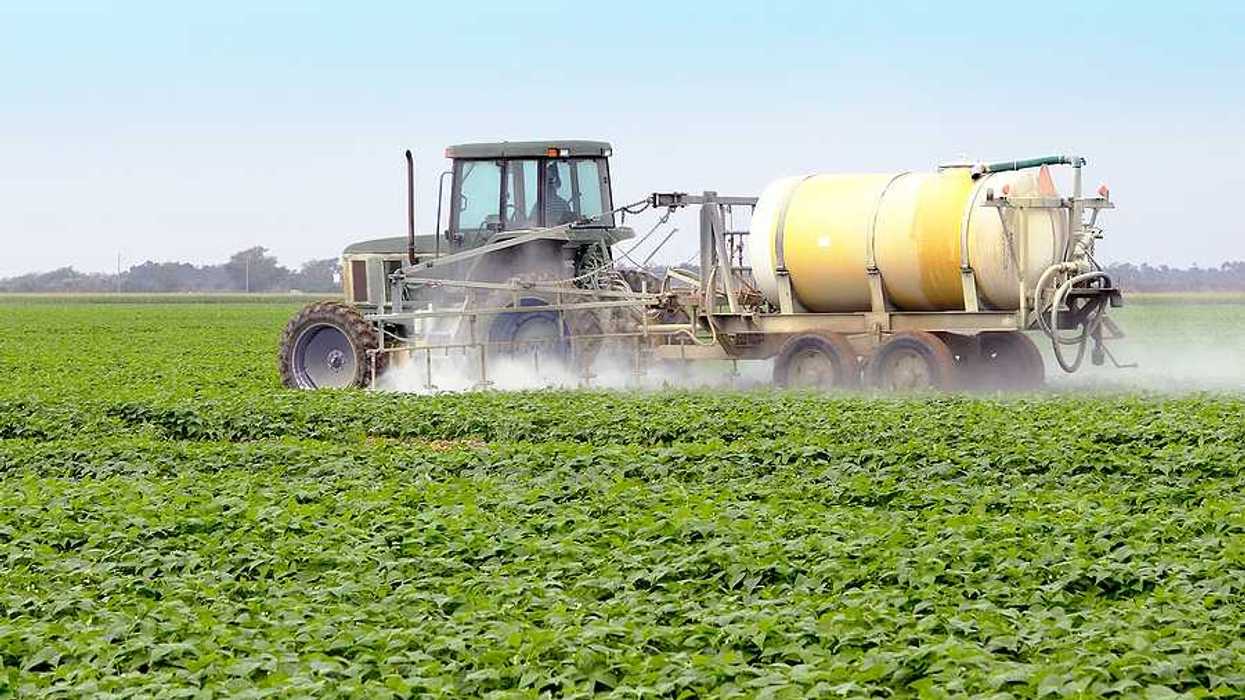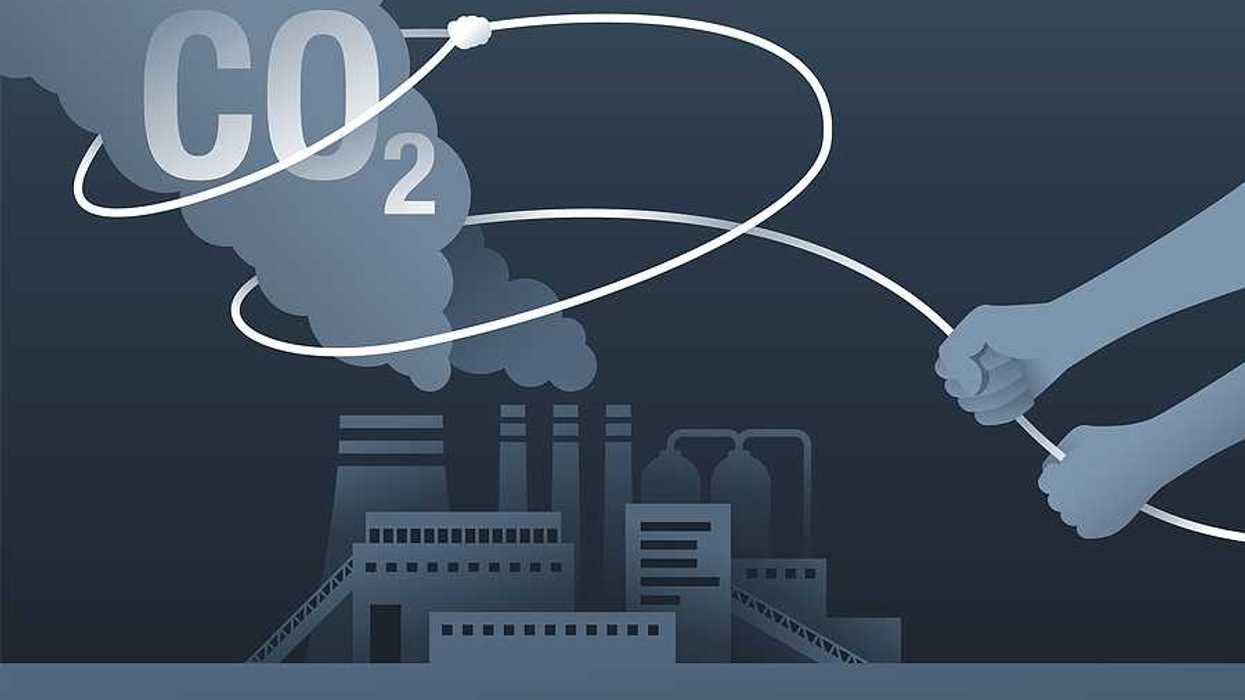A new study of children in Boston published in Environment International suggests that exposure to toxic PFAS chemicals may reduce children’s immune response to the measles vaccine.
In short:
- This reduced antibody response was linked specifically to children’s exposure to PFAS while in utero.
- This association was most pronounced in children born prematurely and Black children.
Key quote:
“If the associations are confirmed, it would be important to implement public health strategies aimed at reducing PFAS exposure and optimizing MMR vaccination. From [a] public health perspective, even small shifts in immune function at the population level (decreased antibody reactivity) could have significant implications for the effectiveness of vaccination programs and the risk of measles outbreaks.”
Why this matters:
PFAS, which are used in everyday products, are linked to many severe health effects including an increased risk of cancer, liver and kidney damage, and developmental issues in babies and children. Additional studies have pointed to potential associations between PFAS exposure and a reduced response to flu, hepatitis, COVID, and tetanus-diphtheria vaccines. The results of this study highlight the need for further research into the lesser-explored impacts of PFAS in order to develop policies and interventions that effectively address their harm to public health.
Related EHN coverage:
- PFAS may impact immune response to vaccines, studies suggest
- More effective PFAS regulation requires broad production restrictions, scientists say
More resources: For more on PFAS’ impact on the immune system, watch Europe’s Health and Environment Alliance (HEAL) webinar hosted by Professor Philippe Grandjean, who has authored numerous articles on PFAS and vaccine response.
Hong, Xiumei et al. for Environment International vol. 198. April 2025- Italian upper house votes to overturn mandatory vaccinations despite surge in measles cases ›
- Millions of children are at risk for measles as coronavirus fears halt vaccines ›

















